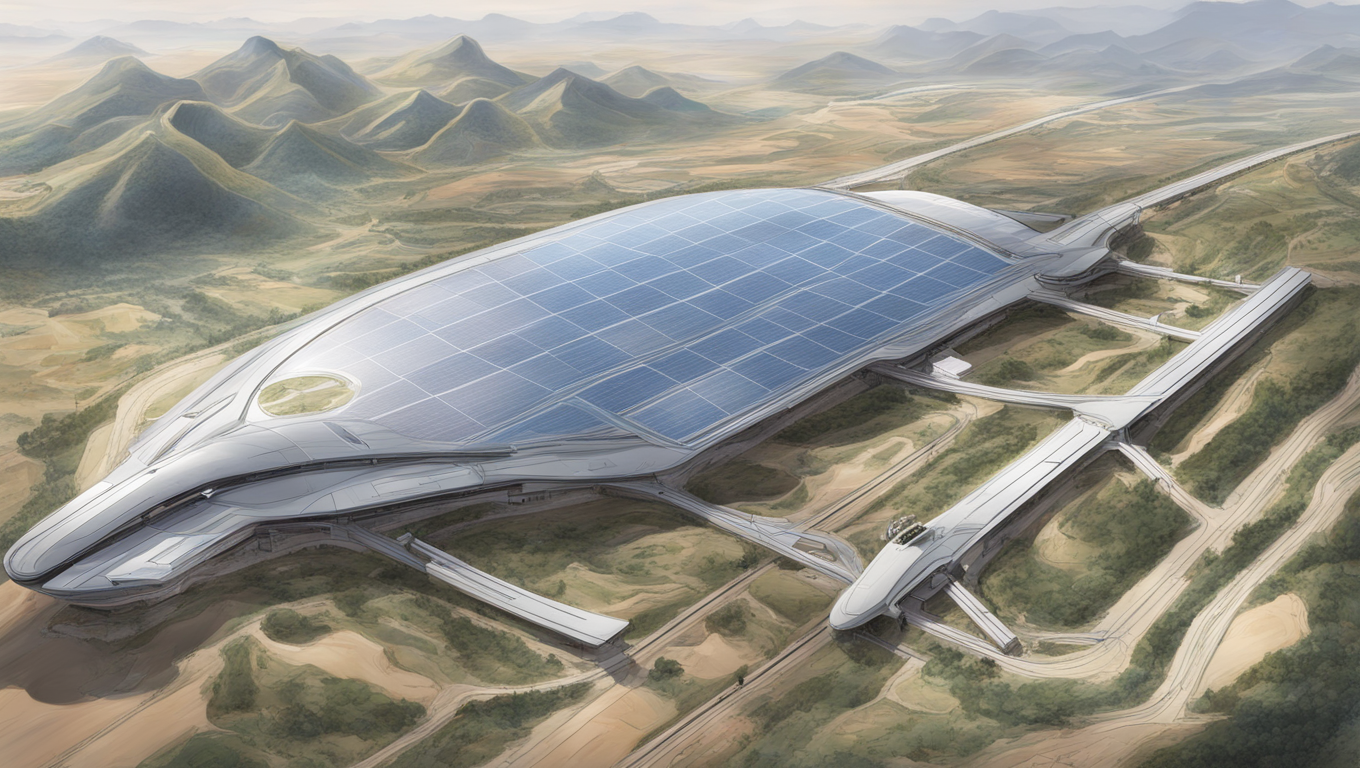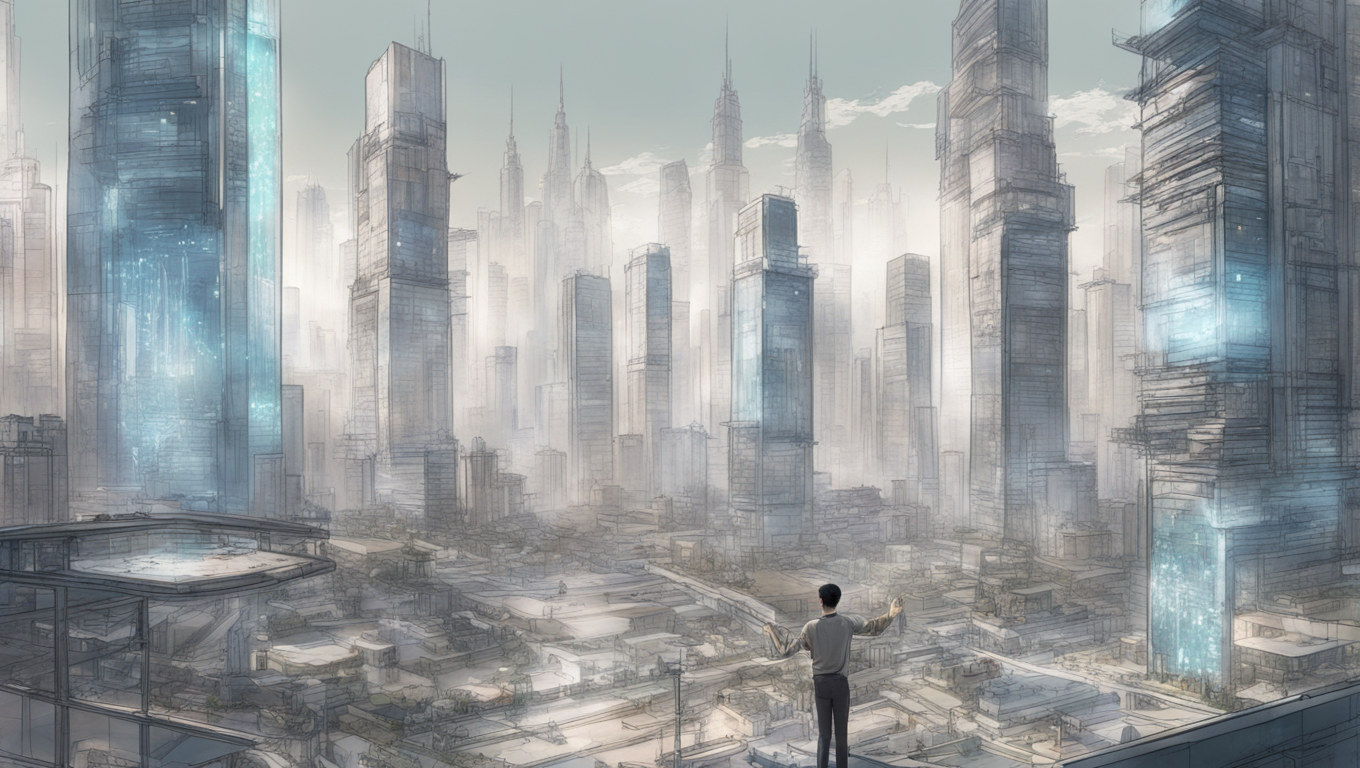China’s Belt and Road Initiative is set to receive a boost in the form of high technology and new energy sectors, as China aims to prioritize these areas for long-term domestic growth and solidify its position in the global supply chain. At the third Belt and Road Forum for International Cooperation in Beijing, Vice-Premier He Lifeng outlined the core sectors for the initiative’s second decade, emphasizing the importance of the digital economy, smart manufacturing, and green economy. He highlighted the potential for cooperation with Belt and Road countries in these fields, stating that it promises a “wealth of opportunities.”
China recognizes the significance of sectors such as big data, artificial intelligence, e-commerce, and new energy in driving future economic growth. He encouraged companies from all countries to focus on these areas and collaborate on projects and investments that can make the Belt and Road plan smarter, greener, and healthier. This aligns with Beijing’s efforts to counter the challenges posed by the US-led tech containment on China’s access to advanced technology and the West’s moves to diversify supply chains away from China.
Director of the State-owned Assets Supervision and Administration Commission, Zhang Yuzhuo, emphasized the need to rework supply chains of China and Belt and Road countries for greater synergy. He also highlighted the importance of exchanges in talent, technologies, and standards to complement each other. China’s state-owned enterprises will take the lead in building landmark Belt and Road developments, while also focusing on smaller, practical projects.
Looking ahead, Wang Bo, president of China CAMC Engineering, called for more international use of the yuan in pilot projects and flexible funding support for industrial projects with viable returns. This would help overcome the challenges posed by geopolitical uncertainties and a fragile global economy.
According to Robin Xu, head of Asia industrials and infrastructure research at UBS Securities, Chinese manufacturers and exporters in key sectors highlighted by Vice-Premier He are already global market leaders. China’s solar and battery supply chains, construction machinery, and auto glass makers are expected to maintain their dominance. The Belt and Road Initiative has stimulated trade and facilitated easier transport connections between China and participating countries.
As China takes stock of the 10 years of the Belt and Road plan, it aims to chart a course for the next decade. The initiative is projected to become increasingly important for Chinese corporations from 2023 onwards.
Overall, China’s commitment to prioritizing high technology and new energy sectors highlights its determination to stay at the forefront of global economic development. By focusing on these areas, China aims to leverage its domestic innovation and expertise to create mutually beneficial partnerships with Belt and Road countries, setting the stage for a prosperous future.





Use the share button below if you liked it.